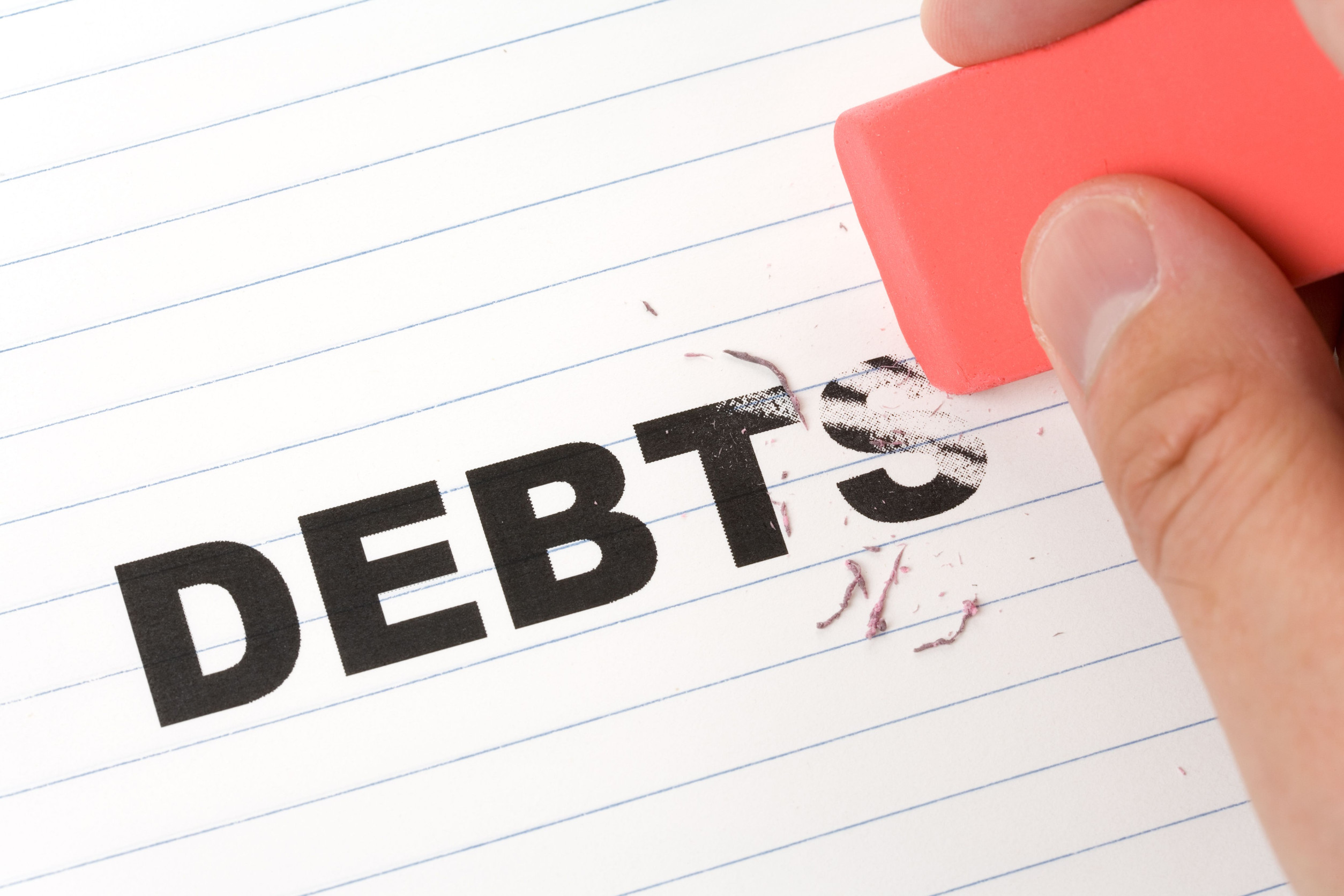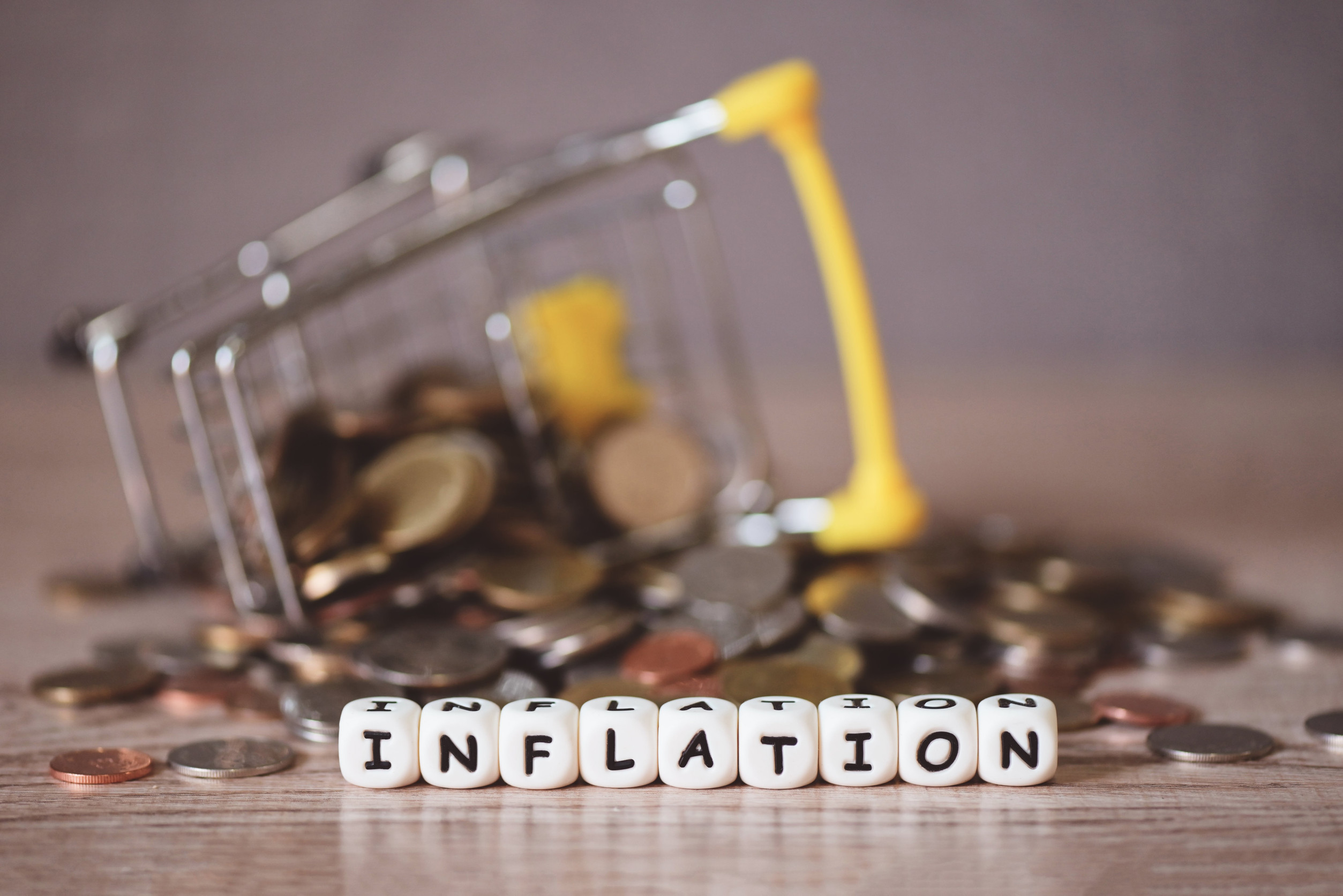Debt. The word alone can make palms sweaty and stomachs churn, yet millions of people walk around with it daily—and not all of them are in a rush to get rid of it. Some are perfectly content to make their monthly payments without ever throwing extra cash at the balance. From the outside, that might seem puzzling, even reckless.
But peel back the layers, and the reasons start to look less like financial laziness and more like strategy, psychology, and lifestyle choices colliding.
Interest Rates That Don’t Sting
Not all debt is created equal, and some of it barely bites. If someone snagged a car loan or mortgage at a rock-bottom interest rate, they may see little reason to rush repayment. Their extra cash might feel better parked in investments with higher potential returns.
In that case, keeping debt around becomes less about burden and more about opportunity. To them, it’s like renting money cheaply while their own money grows elsewhere.
The Investment Game
For some, paying off debt early feels like leaving money on the table. Imagine choosing between paying an extra $500 on a 3% loan or putting it into the stock market, where average returns hover much higher. Those chasing growth see the math working in their favor. The allure of building wealth often outweighs the satisfaction of being debt-free sooner. In this mindset, debt is simply part of the bigger financial puzzle.
Liquidity Over Freedom
Cash in hand offers a sense of control that a zero balance cannot. If life throws curveballs—job loss, medical bills, or sudden expenses—having savings can mean survival. Pouring every spare dime into debt early may leave someone “house rich, cash poor.” People who value liquidity often prefer to keep a cushion instead of chasing early payoff glory. For them, flexibility beats freedom from monthly bills.
Psychological Comfort Zones
Money decisions aren’t just about numbers—they’re about emotions too. Some people don’t feel weighed down by manageable debt, especially if payments fit comfortably into their budgets. The stress simply isn’t there, so urgency fades. As long as bills are on autopilot, the debt becomes background noise. It’s less an enemy and more like a tolerated roommate.
The Value of Credit History
A long, active credit line can make someone’s financial profile shine. Closing out loans early might shorten their credit history or alter their credit mix, which some people want to avoid. Keeping manageable debt alive can actually help maintain strong credit scores. For future borrowing, that strong score matters more than wiping debt off the books. To them, debt is not a blemish but a strategic tool.
Opportunity Costs in Daily Life
Sometimes, debt repayment competes with life goals that can’t wait. Someone may choose to put money toward travel, starting a business, or buying experiences that debt freedom alone won’t provide. In their eyes, memories and momentum trump an early payoff date.
Prioritizing joy or opportunity over strict financial discipline isn’t always reckless. It’s a conscious choice to live now rather than later.
Inflation Changes the Equation
When inflation is high, the value of money erodes over time. This can make paying off fixed-rate loans less urgent, since future dollars feel “cheaper.” Borrowers realize that the real burden of their debt shrinks with each passing year. Instead of racing to the finish line, they let inflation quietly chip away at it. In that light, holding debt can feel like winning a subtle financial game.
The Allure of Predictability
Some people actually enjoy the structure debt provides. Knowing exactly what they owe each month gives them a clear financial roadmap. Extra payments may feel like disrupting a system that works smoothly. The stability of routine can outweigh the itch to finish early. For them, peace comes from predictability, not acceleration.
Employer or Government Perks
Certain debts come with benefits that make early payoff less attractive. Federal student loans, for instance, can offer forgiveness options, tax benefits, or even low fixed rates. Knocking them out too early could mean missing out on these perks. Some borrowers strategically ride out the system for maximum advantage. In these cases, patience really does pay.
Lifestyle Priorities
Paying debt early often requires sacrifice, and not everyone wants that trade-off. Skipping dinners out, vacations, or upgrades to push extra payments may not align with someone’s lifestyle values. They’d rather maintain balance than sprint toward financial minimalism. Debt then becomes part of the cost of living the life they want right now. To them, quality of life today outweighs the promise of tomorrow’s freedom.
The Role of Financial Education
Not everyone sees debt the same way, because not everyone has the same financial knowledge. Some avoid paying off debt early simply because they don’t realize the long-term benefits. Others may have read books or followed gurus that promote investing over early repayment. What looks like inaction is often just following different advice. At its core, education shapes the debt philosophy people choose.
Choice and Balance
Debt is not just about dollars and cents—it’s about mindset, strategy, and priorities. What looks reckless from one perspective can be perfectly logical from another. For many, refusing to pay off debt early is less about avoidance and more about playing the long game. The key lies in aligning money moves with personal goals, risk tolerance, and lifestyle.
What do you think—would you race to be debt-free or play the slow and steady strategy? Share your thoughts in the comments.
You May Also Like…
8 Surprising Purchases That End Up on Debt Collectors’ Lists
5 Strange Situations Where You Could Be Forced to Pay Someone Else’s Debt
How Cosigning Debt Has Created Generational Financial Problems
7 Forms of Emotional Spending That Fuel Debt You Can’t See
How Debt-Cleanup Apps Push Paid Loans Under the Hood


